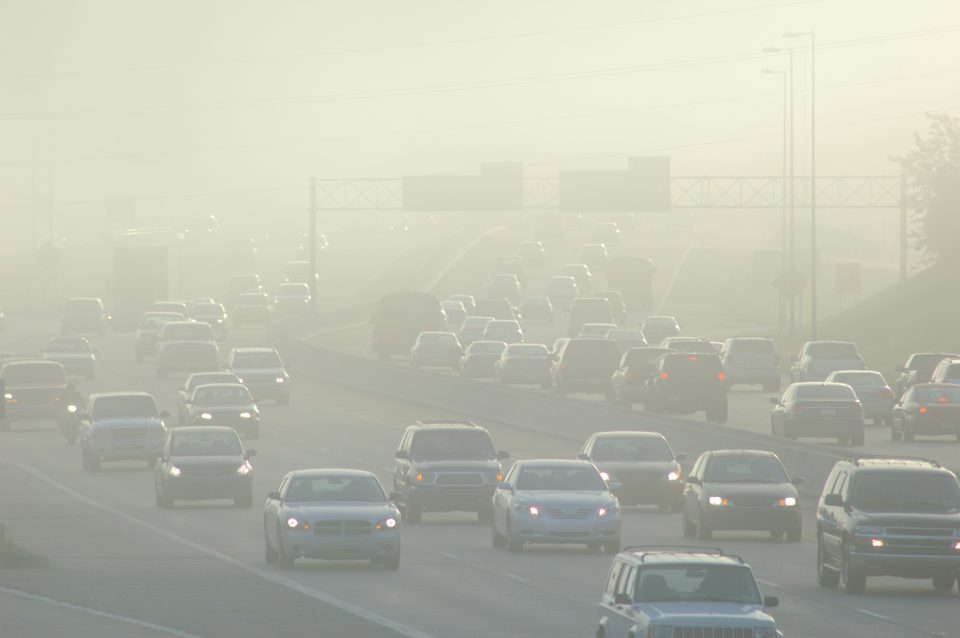
Led by the Barcelona Institute for Global Health (ISGlobal), a team of researchers have recently found that exposure to air pollution in India is correlated with high blood pressure in women. Previous research has found that air pollution exposure is associated with higher risks of hypertension in high-income countries with lower pollution levels than lower income countries, but this research aimed to study the latter. Analyzing data from this lower income environment, the team found that women exposed to higher levels of air pollution at home are more likely to present hypertension. Their work was published in the journal Epidemiology.
In this study, 5,531 adults from 28 villages near the Southern India city of Hyderabad had their blood pressures and their annual residential exposures to fine particulate matter (PM2.5) and black carbon measured. These participants also responded to a survey regarding socioeconomic status, physical activity, salt intake, and household characteristics like cooking fuel type.
With the average PM2.5 exposure being 33 μg/m³, these participants’ exposure exceeded the 10 μg/m³ limit that is recommended by the World Health Organization (WHO). Though blood pressure measurements showed that 46% of the participants met the criteria for hypertension, many of them had undiagnosed and untreated hypertension.
In women, the researchers noted that an increase of 1 μg/m³ in PM2.5 exposure was associated with a 4% increase in hypertension prevalence. This was also correlated with systolic and diastolic blood pressure increases of 1.4 mm Hg and 0.87 mm Hg, respectively. This effect was much less pronounced in men than in women.
“Women spend most of their time near their households in this study area – 83% of their daily time as compared to 57% for men -, which could explain why we observe a stronger association in women than in men”, explained first author Ariadna Curto. Curto and colleagues work indicates that air pollution can have detrimental effects on blood pressure regardless of the type of fuel used in one’s home.
“Other studies have found that women that cook with solid fuels such as biomass tend to have higher blood pressure than those using clean fuels, although our data is not powered enough to support this, our study suggests that the effects of outdoor air pollution on cardiovascular health may be independent from those of indoor air pollution,” she said. “In the light of our lack of association with black carbon, it is important to keep in mind that this is a peri-urban area, where the sources and chemical makeup of air pollution differ to urban areas mostly dominated by traffic sources.”
This project was conducted under the Cardiovascular Health effects of Air pollution in Andhra Pradesh, India (CHAI). Cathryn Tonne, CHAI project and study coordinator, explained that inflammation and oxidative stress can contribute to the changes in arterial function that lead to hypertension.
“Although further epidemiological evidence is needed to confirm our findings, ideally through longitudinal studies, these data suggest that public policies aimed at reducing air pollution will greatly benefit cardiovascular health,” Tonne said.
Exposure to air pollution in India is associated with more hypertension in women https://t.co/ztOkLs0ITL
— YoBuzz (@YoBuzz1) June 25, 2019







 © 2025 Mashup Media, LLC, a Formedics Property. All Rights Reserved.
© 2025 Mashup Media, LLC, a Formedics Property. All Rights Reserved.